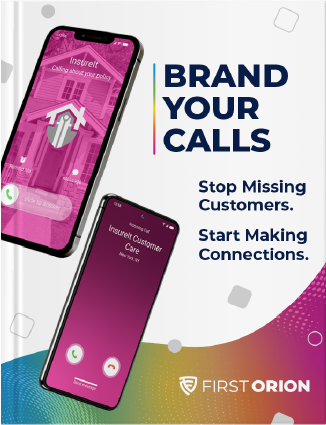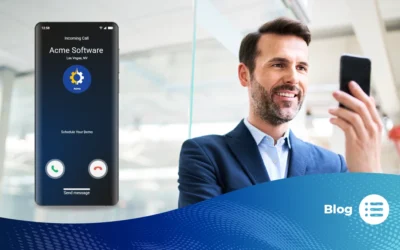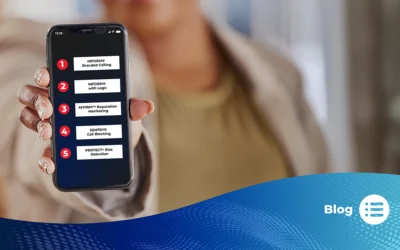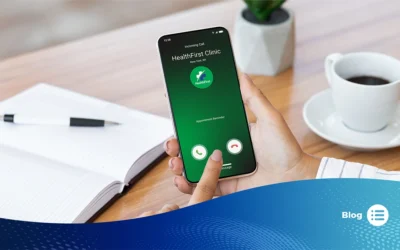Oh, utility bills – the little thing everyone has to pay every month to keep our lives going. If you don’t pay, you’ll be left in the dark – literally. Unfortunately, scammers have found ways to take advantage of this system to con you out of your money.
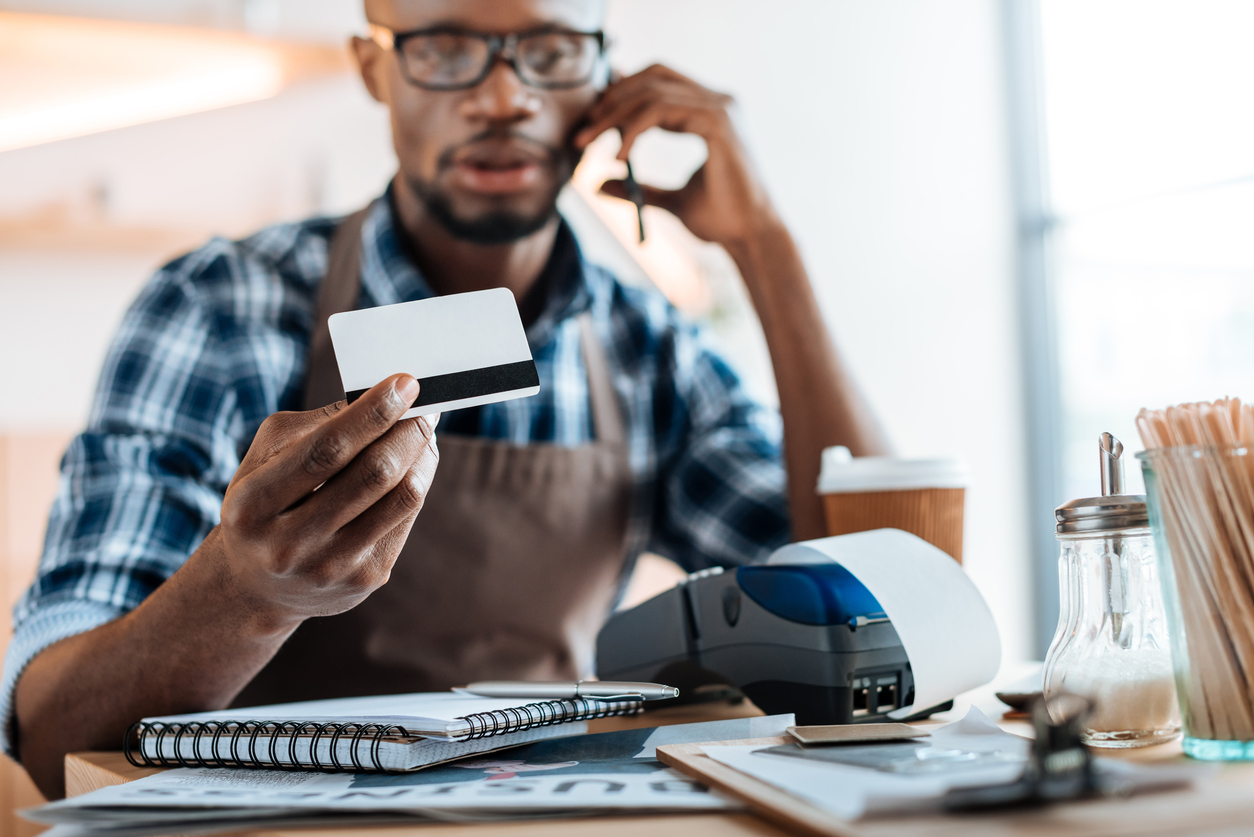
For many, utilities don’t just keep their home-life running; they also keep their businesses running. Imagine receiving a call from your utility provider saying you have a late bill, and if you don’t pay up, all of your water or electricity will be shut off immediately. Scary, right?
These scam calls go out all of the time – and they work. They instill panic and fear into the victim and pressure them into paying up for this fake, overdue utility bill. Small businesses are particularly vulnerable since the loss of power or water could cause them to lose revenue. They’re more likely to make a rash payment to keep their business open, and scammers prey on that.
Search “utility scam” on Google, and you can find news reports from all across the US. Residents in Austin, Texas received calls saying they owed up to $1000 worth of late utility bills – from someone claiming to be Burt Reynolds (nice try). In Galesburg, Illinois, scammers target small businesses because their bills are higher. This small town has paid an estimated $140,000 to utility scams. The leading utility company in Vermont put out a statement that they’ll never demand immediate payment over the phone to combat these calls.
If you can’t recall whether you’re up to date on the bills, don’t fret. The FTC recently posted some tips on how to empower yourself against these utility scams:
- If you know you already paid, even if the caller insists you have a past due bill, hang up. That’s a big red flag.
- Never give out your banking information by email or phone. Utility companies don’t demand banking information by email or phone – and they won’t force you to pay by phone as your only option.
- Did the caller demand payment by gift card, cash reload card, wiring money or cryptocurrency? Don’t do it. Legitimate companies don’t demand one specific method of payment. And they don’t generally accept gift cards (like iTunes or Amazon), cash reload cards (like MoneyPak, Vanilla, or Reloadit), or cryptocurrency (like bitcoin).
If you’ve received a call like this, hang up and call the number listed on the company’s website or on your paper bill to verify. If it wasn’t them, report the call immediately to the FTC. Of course, we see these types of calls come through our system all the time. Consumers can protect themselves with one of our apps like PrivacyStar – install it for iPhone or Android, and we’ll block these scummy calls for you. If you’re a business owner, you can get a few tips directly from the FTC on how to protect your business.
